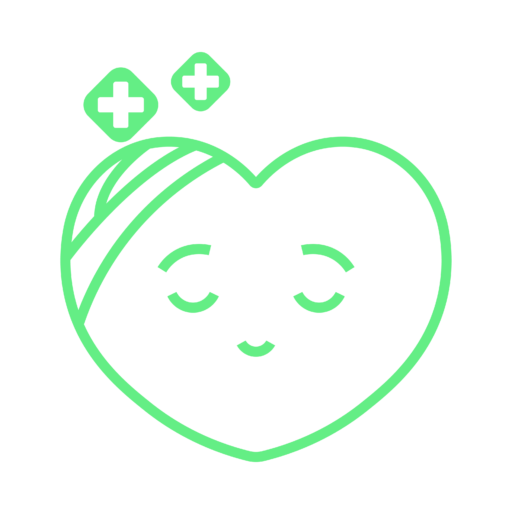What is Post-Traumatic Stress Disorder (PTSD)?
Post-traumatic stress disorder (PTSD) is a mental health condition that can develop after experiencing a traumatic event. It can cause a range of symptoms, including flashbacks, nightmares, and hypervigilance.
This event could be a personal experience, such as witnessing a violent crime or surviving a natural disaster, or it could be something that happened to someone close to you.
Common Symptoms of PTSD
- Flashbacks: Reliving the traumatic event as if it’s happening again. These flashbacks can be overwhelming and can trigger strong emotional responses.
- Nightmares: Having recurring nightmares related to the traumatic event. Nightmares can disrupt sleep and lead to fatigue and irritability.
- Hypervigilance: Feeling constantly on edge and easily startled. People with hypervigilance may have trouble concentrating and may be overly sensitive to noise or sudden movements.
- Avoidance: Trying to avoid anything that reminds you of the traumatic event. This may include places, people, or activities that were associated with the event.
- Negative thoughts: Feeling guilty, ashamed, or detached from others. People with PTSD may also experience negative thoughts about themselves and the world around them.
Seeking Help
If you’re struggling with PTSD, know that you’re not alone. There are effective treatments available, including Cognitive Behavioural Therapy which can be offered from Therapy by Hannah.
Talking to a mental health professional can help you manage your symptoms and improve your quality of life.



